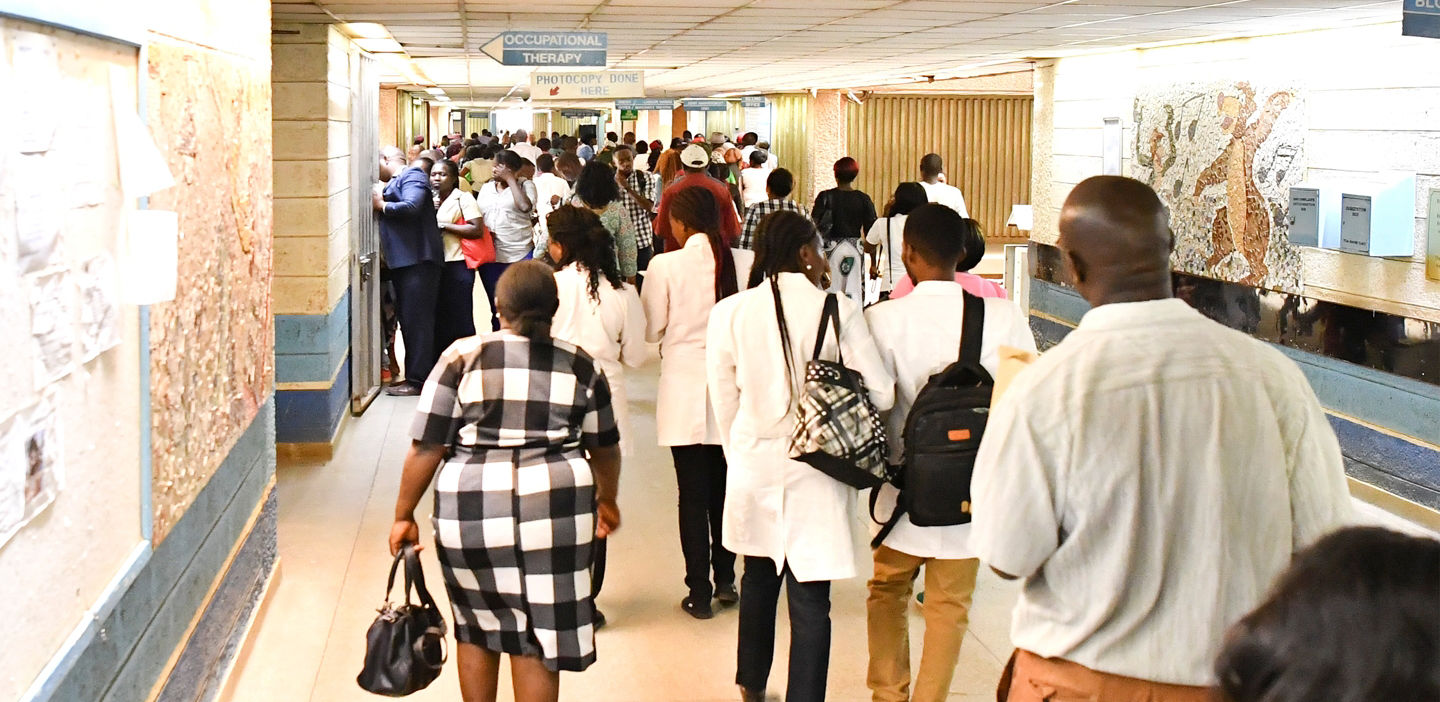Infectious diseases are an ever-present threat to the health and welfare of the world’s population. There is no section of society, rich or poor, that is untouched. Without timely intervention and preventative measures, disease can spread rapidly with sometimes catastrophic effects.
Healthcare professionals face a number of hurdles in their efforts to limit the spread of disease. Increasing global travel, lifestyle changes, population growth and even climate change have all had an impact. While the threat posed by some diseases is receding, new emerging pathogens are challenging established screening and treatment processes.





